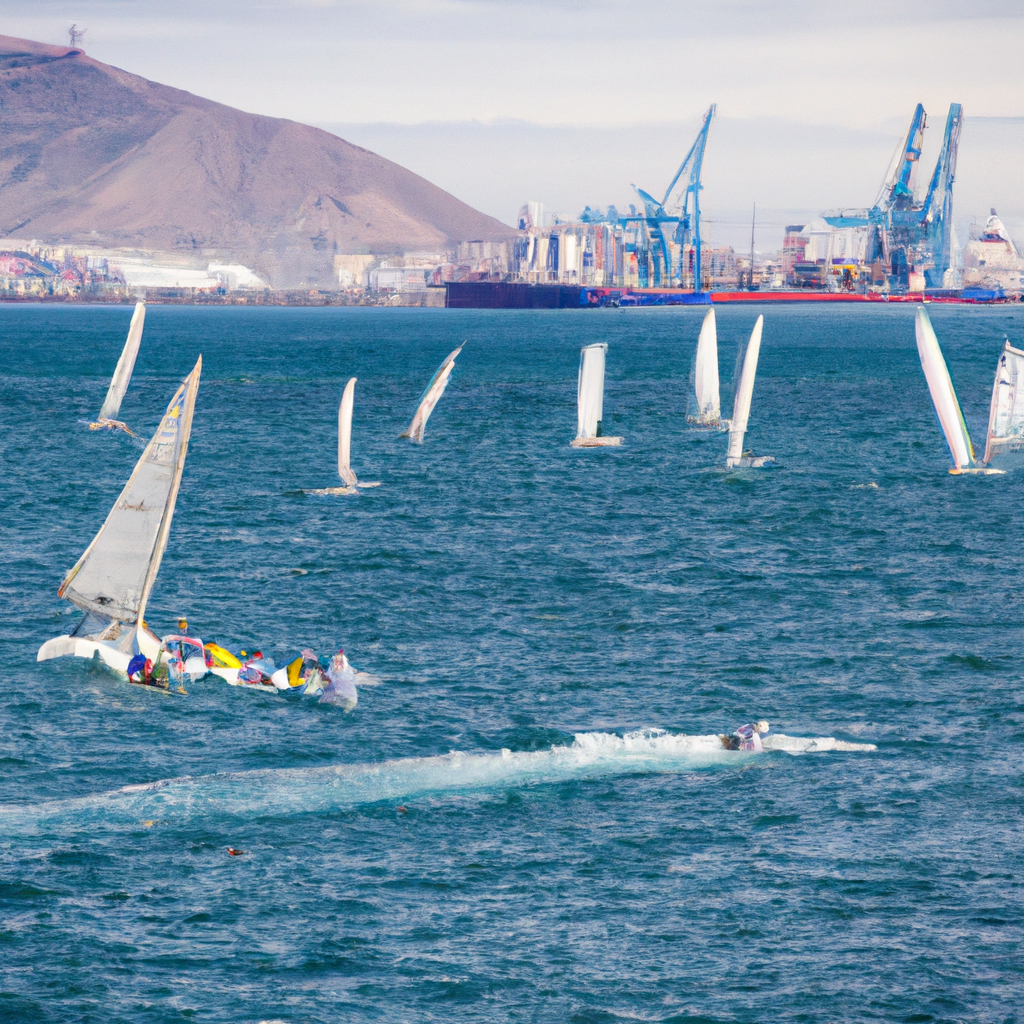Diving into Water Sports: An Introductory Handbook for All Ages

Water sports are an exciting and refreshing way to exercise, enjoy nature and, in many cases, experience a good dose of adrenaline. Whether on lakes, rivers or the open sea, water sports offer a wide range of activities for all skill levels and ages. However, for beginners, diving into this world can seem a little intimidating. This article aims to demystify water sports, providing a beginner-friendly guide, explaining their benefits for all ages, introducing the different types of water sports and offering essential advice on equipment and safety. So if you are thinking of exploring the possibilities that water sports can offer, you are in the right place to start your adventure.
- 1. "Introduction to Water Sports: A Beginner's Guide"
- 2. "Benefits of Water Sports for All Ages"
- 3. "Types of Water Sports and How to Get Started"
- 4. "Water Sports Equipment and Safety for Beginners"
1. "Introduction to Water Sports: A Beginner's Guide"
Getting started in water sports can be an exciting and rewarding experience for people of all ages. Water sports encompass a wide variety of disciplines, from surfing and kayaking to sailing and rowing, each with their own unique characteristics, techniques and health benefits. This beginner’s guide will help you explore the different options, understand the equipment needed, learn the safety basics and discover how you can start enjoying water sports safely and effectively. No matter your skill level or previous experience, there is a water sport to suit your interests and abilities.
2. "Benefits of Water Sports for All Ages"
Water sports offer a wide range of physical and mental benefits for people of all ages. Firstly, they are an excellent means of physical exercise, helping to improve endurance, muscle strength and flexibility. They are also beneficial for cardiovascular and lung health, as they increase heart rate and lung capacity. Furthermore, water sports can be a great source of relaxation and stress relief, offering a unique connection with nature that can have calming and rejuvenating effects. Finally, they are an excellent way to foster social and team skills, as many water sports activities require group coordination and cooperation. Therefore, regardless of age, water sports can offer an engaging and fun way to stay active and healthy.
3. "Types of Water Sports and How to Get Started"
There are several types of water sports that can be practiced by people of all ages. Sailing, surfing, water skiing, kayaking, rowing, diving and paddle boarding are just a few examples. To get started, it is necessary to choose the sport that most appeals to you and suits your level of physical ability and comfort with water. Some sports, such as surfing or water skiing, may require stronger physical condition and a higher skill level to begin with. Others, such as rowing or kayaking, may be more accessible to beginners. Once you have chosen your sport, it is advisable to take introductory classes with a qualified instructor. It is also essential to invest in the right equipment and learn about the necessary safety measures. Don't forget that constant practice is key to improving your skills and enjoying water sports to the fullest.
4. "Water Sports Equipment and Safety for Beginners"
Proper equipment is essential for the safety and enjoyment of water sports, especially for those who are new to these activities. Choosing the right equipment will depend on the specific sport being practiced, but some basic items include a life jacket, helmet, and wetsuit. Life jackets are essential for staying afloat if you fall into the water, helmets protect the head from possible blows, and wetsuits help maintain body heat in cold water. Additionally, it is important to keep in mind that all equipment must be in good condition and be the correct size for the user. On the other hand, safety also involves knowing and respecting water safety rules and regulations, such as respecting swimming areas and signage, maintaining a safe distance from other vessels, and not consuming alcohol before or during water sports.
